The Disinformation of Disinformation (Olavo de Carvalho)
The Disinformation of Disinformation
When the meaning of words deteriorates, the reality they once pointed to becomes invisible, replaced by some hollow stereotype — mere currency in the daily trade of nonsense, irrelevance, and clichés.
The word disinformation, coined by the German General Staff during World War I, originally emerged as a technical term, referring to complex operations — almost an exact science — through which an intelligence service sought to remotely influence and determine the strategic and tactical decisions of an enemy government, thereby leading it to act in favor of its own destruction.
Later, the term came to denote mere propaganda campaigns, designed not to deceive decision-making centers but rather the helpless general public — the defenseless masses, consumers of expensive and often lethal hot air.
Today, it’s used to label any statement one wishes to discredit as inaccurate or false. From a tool of scientific description, the term has been debased into a vulgar insult.
In parallel, genuine disinformation operations — once widely known and debated in the popular media during the 1950s and 60s — have vanished from the consciousness of the average citizen. Any reference to them today is instantly dismissed with another mindless cliché: “conspiracy theory.”
Evidently, the semantic hollowing-out of this once-precise scientific term has greatly enhanced the effectiveness and reach of true disinformation, turning public opinion into a solid wall of resistance to truth and enabling the orchestration of mass-deception campaigns that, just four or five decades ago, would have fooled no one.
If the esoteric adage that “secrecy protects itself” is not always reliable, it is nonetheless a fact that today every disinformation campaign is well shielded beneath layers upon layers of “disinformation” — in the term’s now-popularized sense.
Combined with the parallel phenomenon of media concentration in the hands of a small number of mega-corporations — turning global journalism into a model of slavish uniformity — the disappearance of the scientific notion of disinformation reveals that it has never been easier to keep entire populations in total ignorance of essential facts. If not forever, at least for long enough for the most audacious and implausible criminal plans to succeed without facing significant resistance.
The ease with which a petty crook managed to become President of the United States using forged documents — counting on the public’s stubborn refusal to scrutinize his past — is merely the most pathetic indication of how, in recent decades, the human species has become profoundly vulnerable to lies and deception.
Curiously — but not coincidentally — this very semantic dulling I refer to originated from a disinformation operation created by a secret service to deceive not an enemy government, but its own.
In the 1980s, when KGB defector Anatoliy Golitsyn revealed to the U.S. government the massive strategic project through which the KGB intended to consolidate its power and expand its global influence via a hoax called perestroika, the implications were both obvious and scandalous: the information proved that Western intelligence services had been wrong about virtually everything and had, blindly groping through the dark, unwittingly served as tools for the execution of the most ambitious communist strategic plan of all time.
Facts ultimately proved that Golitsyn was right about nearly everything (even the CIA itself acknowledged that 96% of his predictions came true), but at the time, only a few privileged minds — among them the brilliant James Jesus Angleton — had the clarity to grasp the life-saving significance of the message. Most responded with wounded pride, shooting the messenger. Angleton was eventually dismissed under various pretexts. J. Edgar Hoover, the all-powerful FBI director, called Golitsyn a “fraud” and severed all ties between his department and the CIA, thereby creating a disastrous information blockade at the very heart of the American security system.
The party of the embittered, victorious in its war against Golitsyn, behaved just like the fox in the fable of the sour grapes. To camouflage the shame of having lost to the KGB and to ward off the threat of widespread budget cuts and firings, it began to downplay the importance of disinformation operations, reducing them to “mere propaganda.” As part of the same reaction, it triumphantly trumpeted the supposed omniscience and invulnerability of satellite espionage — as if satellites could read the political intentions inside the heads of KGB officials.
This depressing chain of events is recounted in detail in Edward J. Epstein’s Deception: The Invisible War between the KGB and the CIA (New York, Simon & Schuster, 1989). The book’s purpose was to answer the question: Is the United States still vulnerable to a large-scale disinformation campaign orchestrated by the KGB? Epstein’s answer — twenty-two years ago! — was: Yes.
Today, the KGB is more powerful than ever, not only in Russia but across the globe, through a network of front companies and mafia cartels directly controlled from the Kremlin, operating in the West and worldwide under an endless array of names and false identities. Meanwhile, America’s international standing and defensive capabilities are visibly weakening. As Golitsyn predicted, perestroika did not change Russia’s power structure — it preserved and strengthened it, using even the intelligence services of its adversary nation as one of its tools.
Every journalist, professor, or self-styled “international affairs expert” who continues to use the term “disinformation” in its vulgarized sense, and who hides real disinformation campaigns under the label of “conspiracy theory,” is — whether knowingly or not — simply acting as an agent of global imbecilization, the sine qua non condition for the success of evil in the world.
0


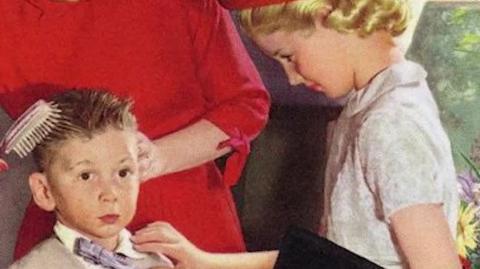
 Blackpill_52
Blackpill_52![React: JOÃO CARVALHO NÃO SABE O QUE É FASCISMO [REVOLUSHOW] - João Eigen](https://cdn.mgtow.tv/upload/photos/2025/09/YXcSnwZzQwbRDiR5U9lb_12_c860c21a8b09d171d1e4cd1584ab61cf_image_thumb_high.jpg)
 Sant77
Sant77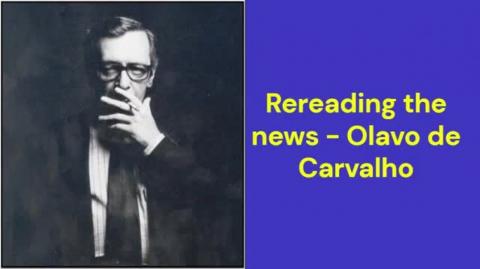
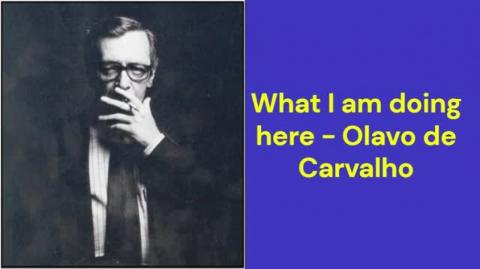
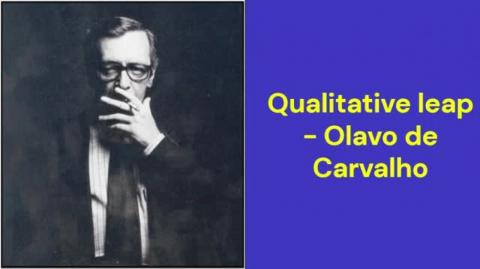
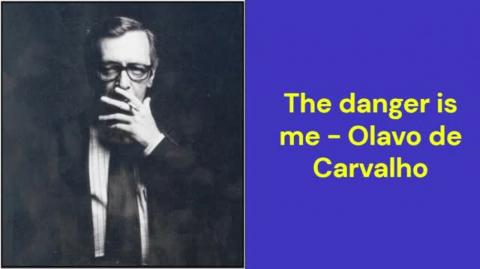
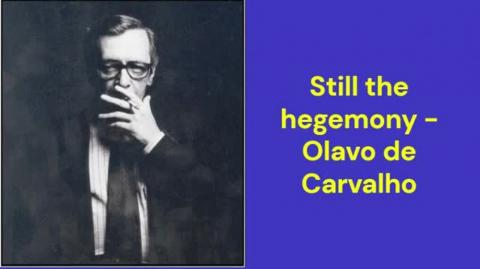
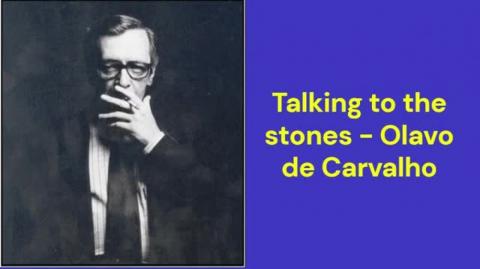
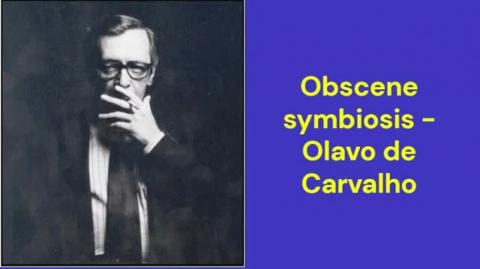
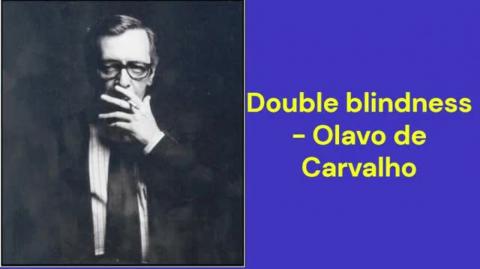
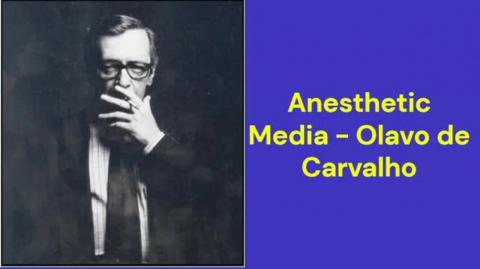
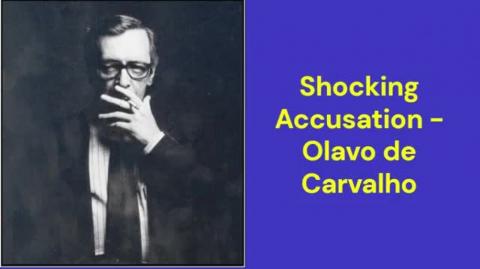
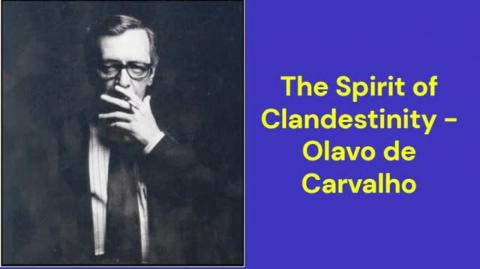


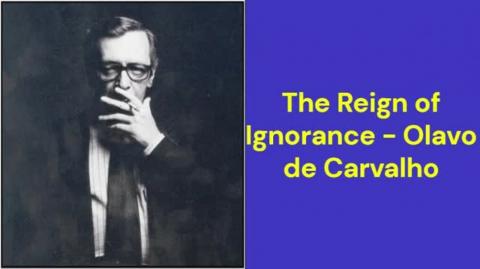
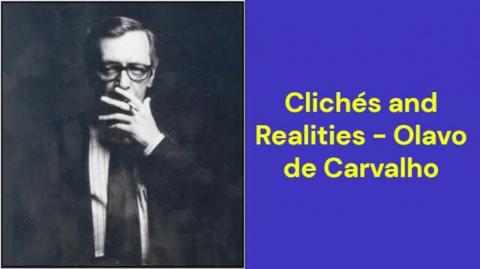
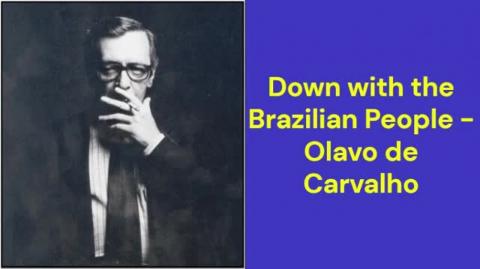
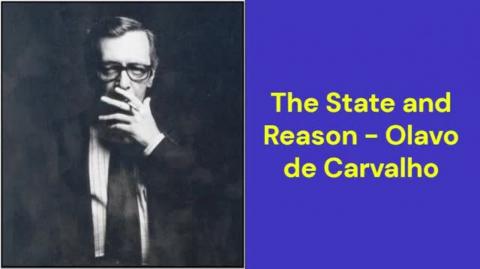


Log in to comment